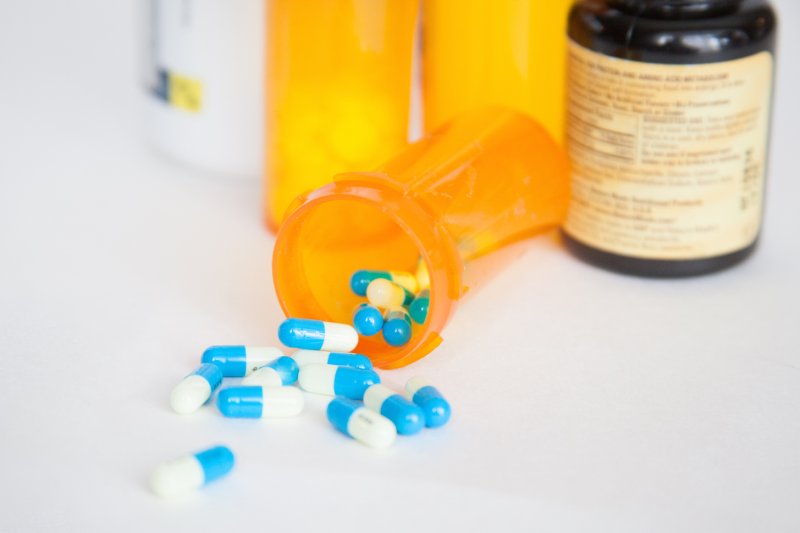A study says Medicare could have saved billions of dollars by buying generic prescription drugs at the same prices offered by Mark Cuban's online pharmacy. Photo courtesy of wp paarz/Flickr
https://creativecommons.org/licenses/by-sa/2.0/legalcode
June 20 (UPI) -- Medicare may be overpaying for some generic drugs to the tune of $3.6 billion.
That's the amount the program "conservatively" could have saved in 2020 by purchasing generic prescription drugs at the same prices offered by billionaire entrepreneur Mark Cuban's direct-to-consumer online pharmacy, a new study says.
The brief research report was published Monday in the Annals of Internal Medicine.
In January 2022, the Mark Cuban Cost Plus Drug Co. launched an online pharmacy, selling 100-plus generic prescription drugs at the cost of ingredients and manufacturing plus 15% margin, a $3 pharmacy dispensing fee and a $5 shipping fee.
Researchers from Brigham and Women's Hospital and Harvard Medical School compared the price of 89 generic drugs sold by Cuban's online pharmacy to the price paid by Medicare in 2020 to estimate potential savings if Medicare Part D plans had paid Cuban's prices.
They estimated potential Medicare savings as the difference in unit price between Cuban's company and Medicare, multiplied by the number of units dispensed to Medicare enrollees in 2020.
Their finding of potential savings of $3.6 billion represents 37% of total spending for 77 generic drugs if they had been purchased in the maximum quantity supplied by Cuban's pharmacy, a news release said.
By contrast, the researchers found Medicare could have saved $1.7 billion, or 18% of total spending, on 42 drugs if the program had purchased drugs in the minimum quantity available from the online company.
The study was limited to the generic drugs sold by Cuban's pharmacy, representing 25% of the roughly $38 billion in Medicare Part D generic drug spending in 2020. Researchers said they did not account for Medicare beneficiaries' out-of-pocket costs.
Cuban's online direct-to-consumer pharmacy "does not accept insurance, so be prepared to pay out of pocket," Dr. Hussain Lalani, the report's lead author, told UPI.
"If you are insured, what you pay will not count towards your health insurance deductible or out-of-pocket maximum," said Lalani, a clinical research fellow at Brigham and Women's.
Lalani added that for inexpensive generic medicines in the analysis, "distributing the drug can be more expensive that producing it. About 50% of the spending on 77 drugs via [Cuban's company] would have been spent on distribution, including online pharmacy fees and shipping."
According to the news release, the lower drug prices from a direct-to-consumer model highlight the inefficiencies in the current generic pharmaceutical distribution and reimbursement system composed of wholesalers, middlemen called pharmacy benefit managers, pharmacies and insurers.
By one estimate, researchers said, this supply chain retains 64 cents of every dollar spent on generic drugs.
Policy reforms "that improve price transparency, increase competition for high-cost generic drugs, prevent annual price increases, and limit pharmacy and distribution costs could increase affordability of essential generic medicines for all Americans," they said.















